Mouth ulcers, or canker sores, can be quite uncomfortable. Understanding what causes these painful lesions can help you manage and prevent them more effectively. Here’s a an overview of the common causes of mouth ulcers and how to deal with them.
Other Topics You Might Like
Helpful Products You Might Like
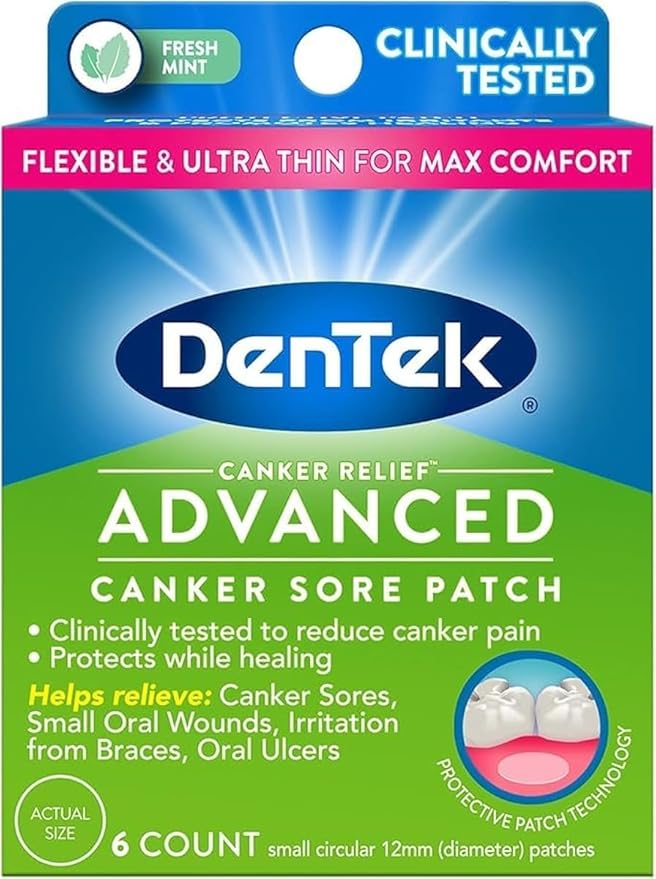
DenTek Canker Relief Sore Patch
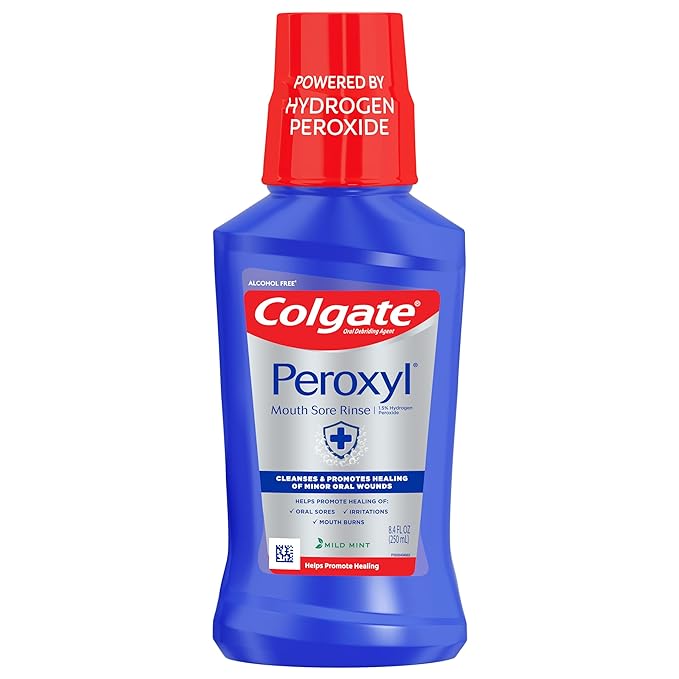
Colgate Peroxyl Antiseptic Mouth Sore Rinse
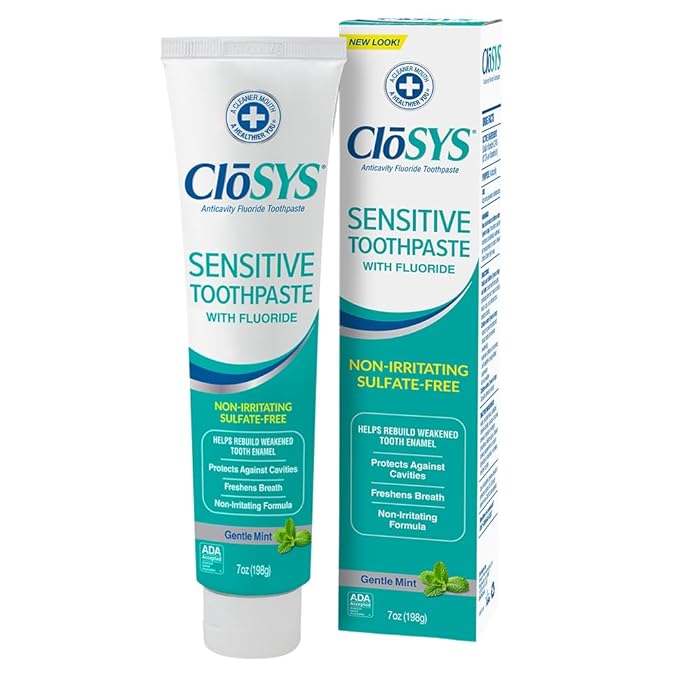
CloSYS Sensitive Toothpaste With Fluoride
"(Paid Links)" 
Nutritional Deficiencies
A lack of essential nutrients can lead to mouth ulcers. Vitamins and mineral deficiencies, especially vitamin B12, folic acid, and iron, are main culprits. Taking a balanced diet full of fruits, vegetables, and whole grains can help prevent these deficiencies and reduce the risk of ulcers.
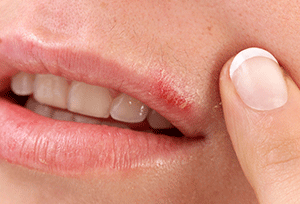
Stress and Anxiety

Stress and anxiety can trigger mouth ulcers by weakening the immune system and causing inflammation in the mouth. Finding ways to manage stress through relaxation techniques, exercise, or counseling can help minimize the frequency and severity of mouth ulcers.
Hormonal Changes
Hormonal fluctuations, such as those during menstruation or pregnancy, can contribute to the development of mouth ulcers. These changes can affect the mucous membranes in the mouth, making them more prone to irritation and ulceration. Keeping track of hormonal changes and maintaining a consistent oral care routine can help alleviate their effects.
Food Sensitivities
Certain foods can trigger mouth ulcers in sensitive individuals. Acidic foods like citrus fruits, tomatoes, and spicy dishes are common offenders. Some people may also react to food additives or preservatives. Identifying and avoiding specific triggers can help prevent recurring ulcers.

Oral Trauma
Accidental injuries to the inside of the mouth, like biting your cheek or brushing too hard, can lead to mouth ulcers. These sores usually heal on their own once the initial injury subsides. To prevent such ulcers, practice gentle oral hygiene and be cautious when eating or chewing.
Allergic Reactions
Allergic reactions to dental products or medications can cause mouth ulcers. Ingredients in toothpaste, mouthwash, or dental treatments might sometimes cause irritation or allergic responses. Switching to products designed for sensitive individuals or those without known allergens can help reduce the risk.
Medical Conditions
Certain medical conditions are linked to recurring mouth ulcers. Conditions such as Bechet's disease, Crohn’s disease, and ulcerative colitis can cause chronic or severe canker sores. If you experience frequent or unusually severe ulcers, it’s a good idea to consult a healthcare professional to rule out any underlying conditions.
Smoking and Tobacco Use
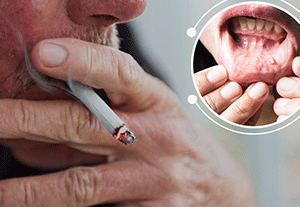
Smoking and using tobacco products can irritate the mucous membranes in the mouth, leading to the development of ulcers. Quitting smoking or using tobacco can improve oral health and reduce the likelihood of developing mouth ulcers.
Genetics
Sometimes, mouth ulcers can be hereditary. If you have a family history of recurrent canker sores, you might be more prone to developing them yourself.
Immunological Factors
An overactive immune response or autoimmune conditions can cause the immune system to mistakenly attack the cells in the mouth, leading to ulcer formation. Managing autoimmune conditions with the help of a healthcare provider can help control and reduce the incidence of mouth ulcers.
Management and Prevention
Managing and preventing mouth ulcers involves a combination of lifestyle adjustments and medical care. Maintain a healthy diet, manage stress, avoid known triggers, and practice good oral hygiene. Over-the-counter treatments like topical gels or mouth rinses can alleviate symptoms and promote healing.
If mouth ulcers persist or are unusually severe, seeking medical advice is a good idea. A healthcare professional can help identify underlying conditions and recommend treatments to manage and prevent future occurrences.
By addressing the various factors contributing to mouth ulcers, you can take proactive steps to reduce their impact and maintain better oral health.
